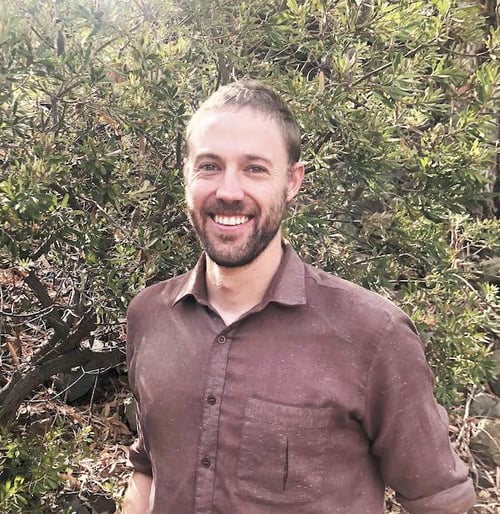How Australia's SDG approach can truly ensure "water for all"

The Australian Water Association's Water For All specialist network recently heard from Monash University sustainability experts about the gaps in Australia’s work towards achieving the Sustainable Development Goals (SDGs).
Guided by the targets of SDG 6 — "clean water and sanitation for all" — and aiming to facilitate initiatives around equality in water and sanitation, the specialist network’s members participated in the presentation, which featured Professor Rob Skinner and Dr Paul Satur from the Monash Sustainable Development Institute (MSDI).
The presentation featured discussion about the outcomes from WSAA’s recent publication Integrated Water Management Principles and best practice for water utilities publication, and how a subsequent paper prepared by MSDI, Discussion Paper: A Sustainable Development Goals Framework for driving sustainability outcomes for urban water utilities, was developed.
Australia's report card
Skinner introduced the presentation by discussing where Australia sits in terms of SDG achievements, and how SDGs can be used to drive business outcomes.
At a glance, Australia appears to be doing well in terms of achieving SDG 6, with 98% of the population using safely managed drinking water and sanitation services. However, water non-affordability, lack of drinking water quality, and incidence of water-borne diseases in remote communities are still experienced by the outstanding 2%.
Findings from the Integrated Water Management paper indicate that outcomes from integrated management can enable improved delivery of water and sanitation requirements.
Engaged communities, leadership and capacity, as well as institutional, policy and regulatory arrangements that drive collaborative and integrated water cycle planning, can result in improved water infrastructure systems and ecological health of the natural environment. Efficiency and circular economy benefits are also possible.
Measuring impact
The purpose of the subsequent SDG Framework paper is to provide water organisations across Australia with support to measure the impact of utilities through identifying priority targets and indicators.
The framework has been developed to consider future impact, shifting from an organisational values outlook to a shared values model. This model enables organisations to promote stewardship and capabilities for liveability and sustainable outcomes.

Dr Paul Satur, Monash Sustainable Development Institute
Satur discussed how the framework was developed and how the SDG priorities might be able to encourage water practitioners towards a transformative future, and encourage collaboration to strengthen organisations and local communities and innovation to provide diverse servicing solutions and capabilities to advance the SDGs.
The presentation highlighted that integrated water management fits the SDG framework approach to transforming the future of Australia’s water management and delivery.
